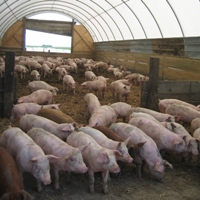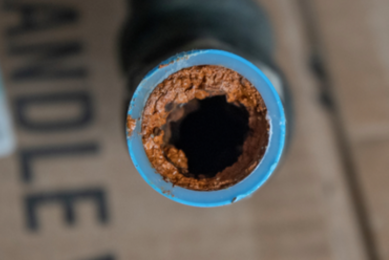US: EPA CAFO rule to have big impact

Calling it a “tough but fair rule” that sets a high environmental standard for livestock producers, the National Pork Producer Council today praised the US Environmental Protection Agency for its new regulation for concentrated animal feeding operations (CAFOs).
“The CAFO regulation is a tough but fair rule and sets a standard that the US pork industry has been and will continue living up to,” said NPPC Environment Committee Chairman Randy Spronk, a pork producer from Edgerton, Minn. “Pork producers are ready to comply with the new regulation.”
The new rule is the product of more than 10 years of work to overhaul the federal Clean Water Act rules applicable to livestock operations.
“Looking back to where we were in federal policy in 1998, when this all started, through the 2001 proposed rule, the 2003 final rule, a 2005 federal court decision and now this 2008 final rule, EPA is making sweeping policy changes that affect all aspects of pork operations and water quality,” Spronk said.
Before the 2003 rulemaking, most CAFOs were in practice not liable under the Clean Water Act for discharges from their operations, but now they are. And prior to 2003, the land application of manure for crop production was not regulated under federal law; now it is.
“Zero-discharge”
The regulation requires National Pollution Discharge Elimination System (NPDES) permits only for CAFOs that discharge or propose to do so. The new rule effectively sets a “zero-discharge” standard for all livestock operations.
Non-permitted operations must use sound management practices to avoid all discharges or face stiff penalties. Permit holders, likewise, must use similar practices to meet the zero-discharge standard. Violations of the new CAFO rule carry penalties of up to $32,500 a day.
“With or without a permit, swine operations that are not well managed and have discharges are facing severe penalties,” said Michael Formica, NPPC environmental policy counsel. “These rules really raise the water quality bar for us, but despite this challenge, producers are going to make this rule work.”











